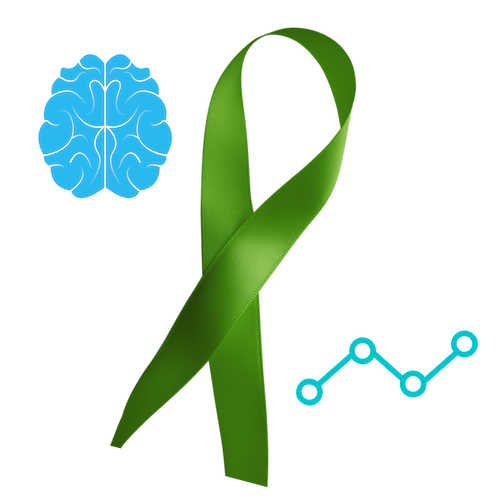*Since writing this, I began reading another of the authors books, also labeled as memoir. The two books have timelines that very much do not line up. I am not sure which book to believe however, I did still enjoy and relate to parts of Prozac Diary. If you decide to read the book please be cautioned that I do not know which book, if either, is truly a memoir rather than part truth, part fiction.
I just read Prozac Diary by Lauren Slater and decided that I had to talk about it. Published in 1998 this book chronicles the author’s journey with Prozac, starting when Prozac was first approved by the FDA in 1987. The book is beautifully written and is as much a piece of literary art as it is an honest telling of the authors experiences taking a psychopharmaceutical drug.
As I read the book, I saved quotes that were meaningful to me. Below are some of my favorites.
“He did not need to ask me many questions, as he had my entire chart before him, thick as an urban phone book.” – Pages 7-8
This particular quote spoke to me in a way that many may not experience, especially now that computers are used so often in medical practices. Each time I go see my psychiatrist, I see my chart. He references it as we talk and as med decision are made. My chart keeps growing. It truly is, without exaggeration, the size of an “urban phone book”, or, would be if they still distributed them.
“I have yet to understand how energy can so easily coexist with what is hollow.” – Page 17
Lately I have started to question my own illness. When I am depressed, I don’t seem to show the same symptoms as those I know who are depressed. I know everyone is different, but I have started wondering if the fact that I have the energy to get up and move through the world while depressed, or “hollow” might mean that what I think is depression is really just life. Deep down, I know this isn’t the case.
“After all, when you are sick, there are plenty of places (insurance willing) where you can go to get healed, but when you are healed are there any places you can go to learn not to be sick? The very idea of having to learn the landscape of health sounds vaguely ridiculous, so ensconced are so many of us in the notion that health is as organic as grass, in the right conditions growing green and freely.” – Pages 35-36
There are two pieces that spoke to me here. First, 20 years after Lauren Slater wrote this book, we are still held captive by insurance. Psychiatric hospital stays have become so short a patient is nowhere near well when they leave. Many newer (brand name) psychiatric medications need a prior authorization, which slows the process of being able to fill and take a prescribed drug.
The other part that speaks to me is learning how to navigate the world when you are well. For so many people, this sounds bizarre, but when you have been in a depressed, anxious, etc. space for so long, it can be hard to know how to do simple things. Make friends. Make plans with friends. Order take out. There are a lot of things that people without mental illness take for granted as a part of life.
“I watch my medicated self drift down, and down, fearful of and longing for level ground.” – Page 76
This quote, when taken in or out of context can mean different things, and both speak to me. When I’m well, the fear that I will not always feel okay is at times overwhelming. I can see my “medicated self” drifting down, and then suddenly crashing to the ground. The ground is depression, the thing I feared, and also the thing I know so well, that at times, it’s like an old friend, one that is mean to me but that I still understand.
The other way this quote is meaningful to me is that when my medicated self is doing so well it is getting ready to be on solid ground I can feel that it will be less likely to leave me. This is exciting because I am doing well, but also scary because, as the quote above from pages 35-36 showed, learning to live in a healthy mind set is tough.
Prozac Diary has been around for 20 years (published 1998) and it is still relevant today. Really, for much of the book can you replace, Prozac with Zoloft, Lexapro, Seroquel, Latuda, Lithium…any psychiatric drug.
If you are interested in joining me in my love for this book, you can buy it on Amazon, or check out your local bookstore or library.


That’s strange that there’s a discrepancy between the two books. You would think the author, or at least her publisher, would realize that’s likely to make both books seem less credible.
LikeLike